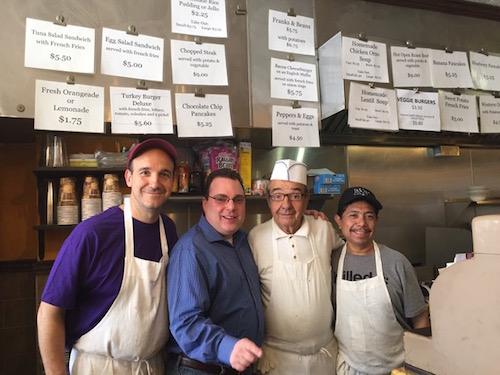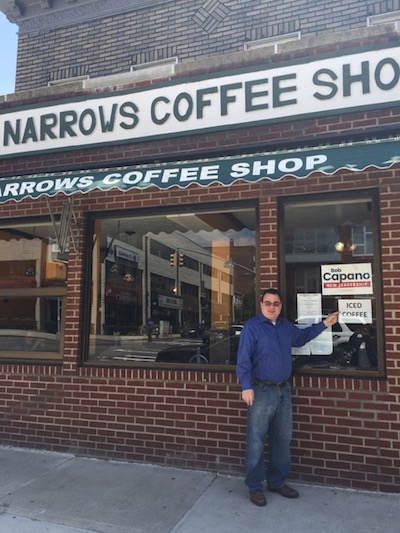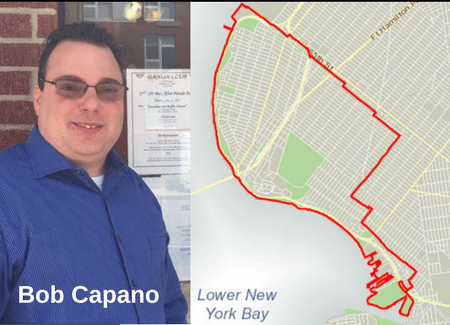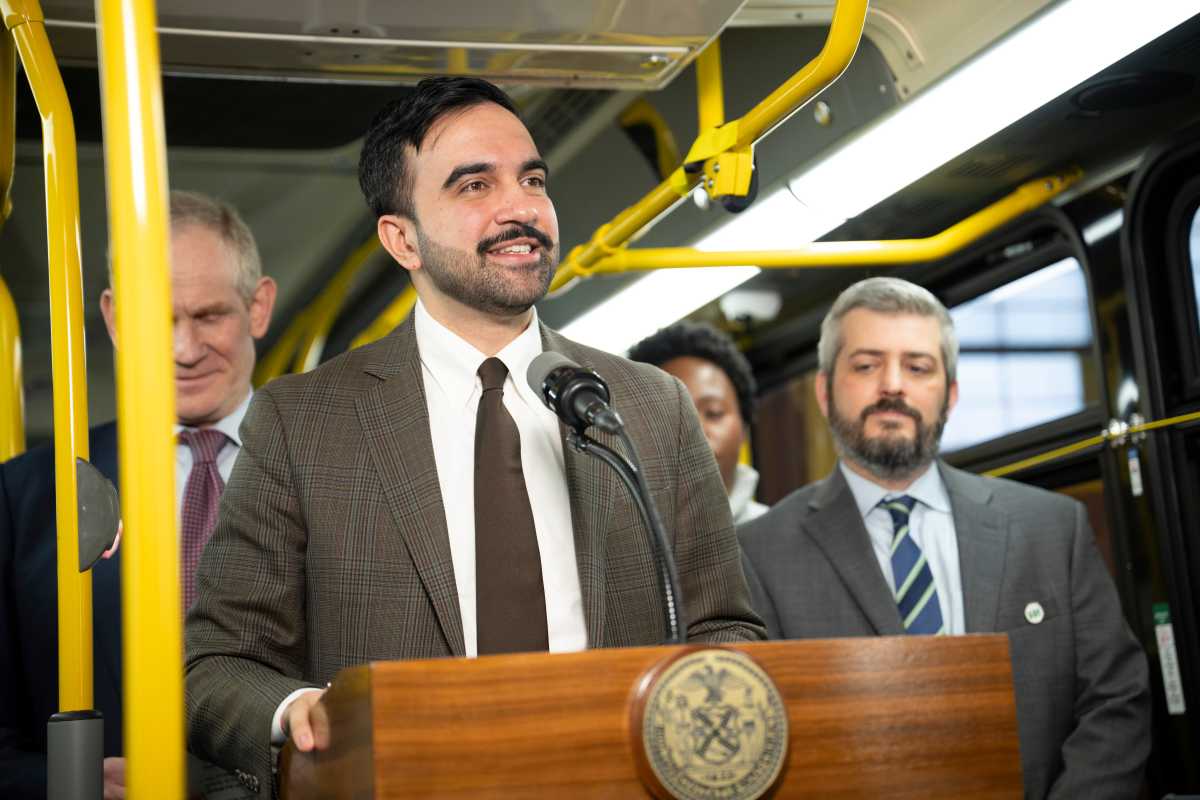Bob Capano, one of three Republican candidates battling for the City Council seat of District 43, sat near a window at the Narrows Coffee Shop – his usual Wednesday morning hangout –– and mulled over a recent conversation he had with a small business owner.
“He said he’s ‘going to have to shut down his small pizzeria on Fort Hamilton Parkway because it’s just too expensive with the constant city fines, permits and regulations,’” said Capano, an ardent small-business supporter and manager working with the local Gristede’s supermarket chain.
Capano said the constant regulation of small businesses is killing a lot of the mom and pop shops that make up much of the commercial portion of the district, which includes Bay Ridge, Dyker Heights and parts of Bensonhurst and Bath Beach. This is an area, where Capano said his experience in the private-sector gives him a distinct advantage over his other Republican candidates – Liam McCabe and John Quaglione.

Additionally, this understanding of the relationship between small businesses and cash-strapped consumers was one of the driving forces behind his decision earlier this year to lead the campaign to “Trash the Bag Tax” (the proposed city council bill to charge shoppers a five-cent fee).
One regulation Capano does look favorably upon is the recently passed Aggravated Illegal Home Conversion, (1218-A) a bill incumbent City Councilmember Vincent Gentile initiated. The measure imposes a $15,000 fine on landlords that put three or more dwelling units above the amount the Certificate of Occupancy legally permits.
“The passage of the Aggravated Illegal Conversion bill is a significant move forward on a problem that has plagued our community for far too long,” said Capano. “However, the challenge is now to ensure that this law is strictly enforced so it has a real impact.”
Capano sips from his white porcelain mug while he explains how he might combat the opioid crisis in the area. He proposes to use the city’s resources to implement more counselors, counseling centers and treatment programs rather than some of the most recently City Council suggestions on fighting the epidemic.
These suggestions include a proposal to perform a six-month study that would open heroin injection facilities throughout the boroughs. The controversial method of treatment sets out to provide addicts with a supervised alternative of drug consumption in order to reduce overdose deaths and the spread of infectious disease.
“By no means am I going to ever support anything that sentences someone to a lifetime of addiction,” said Capano. “We should be using resources to help addicts break the habit, not give them a safe place to shoot up.”

A product of a Catholic, private-school, Capano remembers how his father sacrificed long hours as a Department of Sanitation employee and part-time taxi-driver to be able to provide a valuable education for young Capano and his two younger siblings. That testament of commitment drives the candidate to support educational tax credits to benefit families who may not be able to afford to send their kids to private schools but want them to receive a proper education.
Capano also aimed criticism at Mayor Bill de Blasio’s discipline policy. This includes changes that have minimized school suspensions resulting with a 33% uptick in violence and assaults throughout public schools. “Parents should have the choice of where they send their kids to get the best education and also to the safest schools,” he said.
Finally, Capano criticized the Mayor’s approach to homelessness and suggested a better model would be that of Steve Adler, the Austin, Texas mayor who put together real estate officials, community advocates and business leaders to solve and end their homeless crisis.
Capano suggests the full utilization of affordable housing rather than the constant building of homeless shelters. He contends that many of the establishments allocated to affordable housing are not being fully used. Capano advocates for providing proper job and vocational training.
“I think that’s the end goal. Not to keep people homeless, not to warehouse them, but to give them the tools and resources so they can be self-sufficient,” added Capano.










